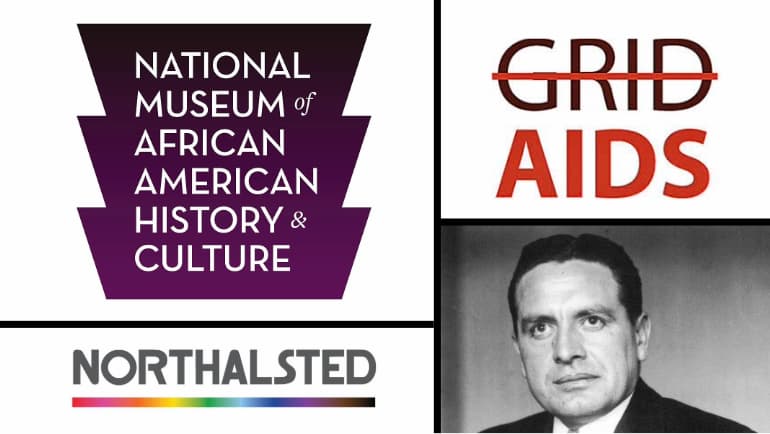Check out Today in History for Sept. 24, MainStream’s daily look at significant progressive, intersectional historical events.
1731: At least twenty-two men were executed by burning in Zuidhorn, Denmark, for accusations of sodomy as part of the multi-year “Dutch Purge.”
1786: Poet Jupiter Hammon, also an African-American slave, delivers his “Address to the Negroes of the State of New York” speech encouraging morals even in spite of slavery. His piece was eventually reprinted by the Pennsylvania Society for Promoting the abolition of Slavery.

1789: President George Washington nominates John Jay as the first-ever chief justice, and Congress establishes the U.S. postal department and the U.S. Supreme Court.
1862: President Abraham Lincoln suspends two constitutional rights – the right to object to false imprisonment and the right to free speech – for anyone who supports slavery. He also subjected protesters to martial law.
1917: The U.S. House voted 181-107 in favor of creating a Committee on Woman Suffrage, a key step toward eventually granting women the right to vote.
1930: Harry Anslinger, who would launch an anti-cannabis campaign rooted in racism, is appointed the Commissioner of the Federal Bureau of Narcotics (a precursor to the DEA).
1938: Adolf Hitler demands Czechoslovakia cede Sudetenland to Germany, a move considered a key step to triggering World War II.
1950: Operation Magic Carpet concludes, after secretly transporting 48,000 Jews, over several years, from Yemen to Israel to escape persecution.
1957: Soldiers of the 101st Airborne are called to escort the Little Rock Nine to school, a day after the National Guard was called in to the Arkansas capital to quell racial violence over school segregation.
1982: The term “Acquired Immune Deficiency Syndrome” (AIDS) officially replaces the previously-used term of “Gay-Related Immune Deficiency Syndrome” (GRID) to describe the condition that was first identified in 1978, had begun to spread at an alarming rate, and would eventually become one of the world’s greatest public health crises.
1996: President Bill Clinton signs the Comprehensive Nuclear Test Ban Treaty, along with 71 other nations, that bans nuclear explosion tests.
2007: A museum and HBO special honor the Little Rock Nine who helped pioneer the end of school segregation when they were escorted by soldiers to high school in 1957.
2016: The Smithsonian Institute opens the National Museum of African American History and Culture in Washington, D.C.
2020: Chicago’s historically LGBTQ+ neighborhood, Boystown, is officially rebranded as Northalsted by The Northalsted Business Alliance.
Sources for today’s history refereces include historynet.com, todayinhistory, history.com, and lavenderletters.com

